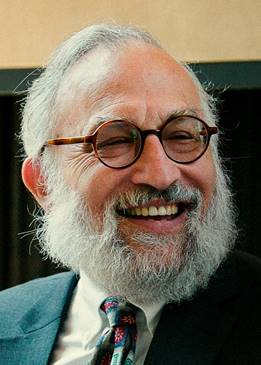Drawing from teachings in the Babylonian Talmud, Rabbi David Teutsch teaches that “silence is consent.” For American Jewish communities, keeping silent about injustice emerging in Israel makes Jews complicit in those acts of injustice.
Authors were asked to offer short teachings on a piece of text that inspires them. To submit a text resource, click here.
כל ישראל ערבים זה בזה
Kol Yisrael arevim zeh bazeh
All of us Jews are responsible for one another
(B. Talmud, Shevu’ot 39a)
We often quote this line from the Talmud to convey our responsibility for one another’s physical welfare. But Jewish tradition often emphasizes that we are also responsible for each other’s moral welfare—and that silence is consent. As the Babylonian Talmud (Shabbat 54b) puts it, “Whoever can protest against his household but does not is held responsible for the sins of his household; if he can protest against the people of his town but does not, he is held responsible for their sins; if he can protest against the sins of the whole world but does not, he is held responsible for the sins of the whole world.”
We all have a stake in the future of Israel not only for the sake of the people living there, but also because of its impact around the world, including on the way young American Jews perceive what it means to be Jewish. At a time when settlement-building in the West Bank, unequal distribution of government services within Israel, and changes in Israel’s Basic Laws are moving us rapidly away from the ideals expressed in Israel’s Declaration of Independence, we all have a moral obligation to speak up. To speak up against what this is doing to Israel’s Arab citizens. To speak up against the improper treatment of refugees. To speak up against measures that make a two-state solution to the Israel-Palestine conflict more difficult. But most of all to speak up to preserve the values we believe in and to call our brothers and sisters in Israel to account for moral failings that damage the image of God in the world. Silence is consent.







